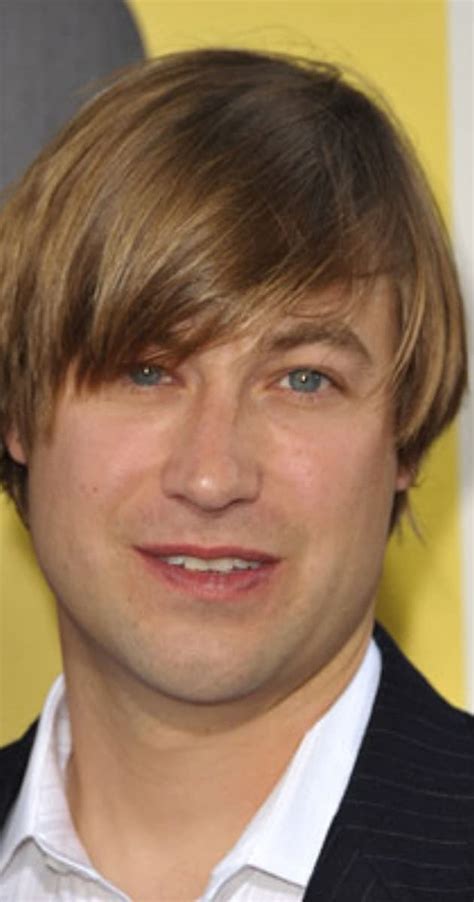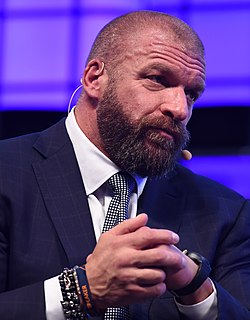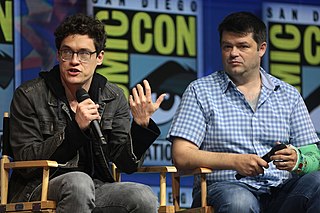A Quote by Dwayne Johnson
When you're in sync with the director, on the type of movie you want to make, the arc of the characters, how the characters intertwine and interact, plotlines and story, and things like that, it really makes a difference.
Related Quotes
I have always liked kind of outsider characters. In the movies I grew up liking, you had more complicated characters. I don't mean that in a way that makes us better or anything. I just seem to like characters who don't really fit into. You always hear that from the studio: "You have to be able to root for them, they have to be likeable, and the audience has to be able to see themselves in the characters." I feel that's not necessarily true. As long as the character has some type of goal or outlook on the world, or perspective, you can follow that story.
What interests Sam Mendes are characters and relationships, and he was a genius at giving you the freedom to create the type of character you want, and also to explore and have fun with your fellow actors. For him, characters and relationships are really the heartbeat of the film, and then the action is the backdrop. By developing the characters, he makes you care that much more about the action and going on a journey with the characters.
You have to do three things really well to make a successful film. You have to tell a compelling story that has a story that is unpredictable, that keeps people on the edge of their seat where they can't wait to see what happens next. You then populate that story with really memorable and appealing characters. And then, you put that story and those characters in a believable world, not realistic but believable for the story that you're telling.
'Rocky' is a movie that just happens to be about boxing. It's really about characters and story lines and relationships and all those things, and the backdrop is boxing. You can go back and watch the final fight in 'Rocky' a thousand times. If you dig that movie, if you like the characters, you'll watch the whole movie over and over.
Every movie has three things you have to do - you have to have a compelling story that keeps people on the edge of their seats; you have to populate that story with memorable and appealing characters; and you have to put that story and those characters in a believable world. Those three things are so vitally important.
When it comes to acting on green screen, it doesn't really make all that much of a difference to me because how you interact with your environment or characters is always dictated by your imagination. So when you're acting against a green screen, you have more of an opportunity to create your own world. So what was magical throughout this process was watching this movie come to life with the 3D.



































